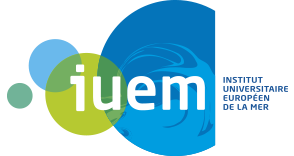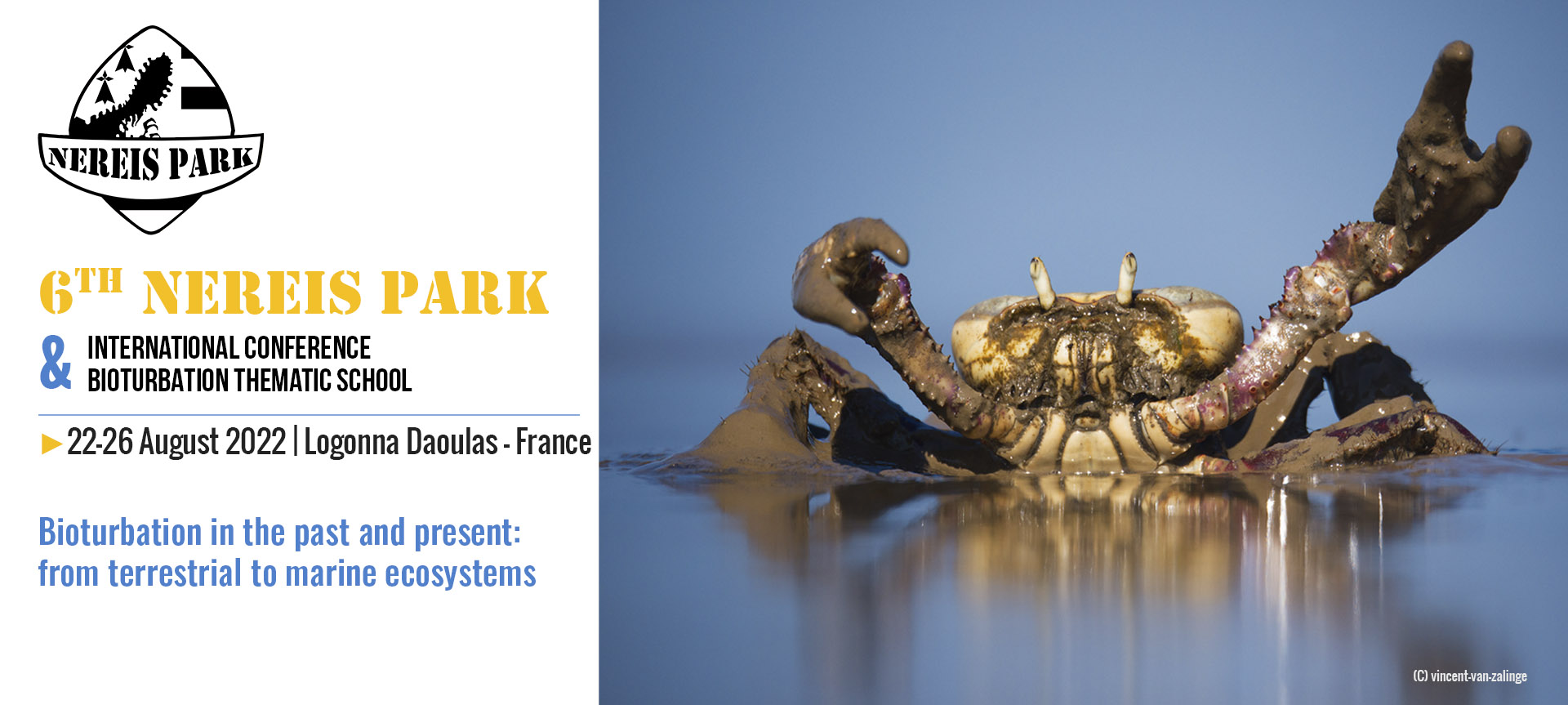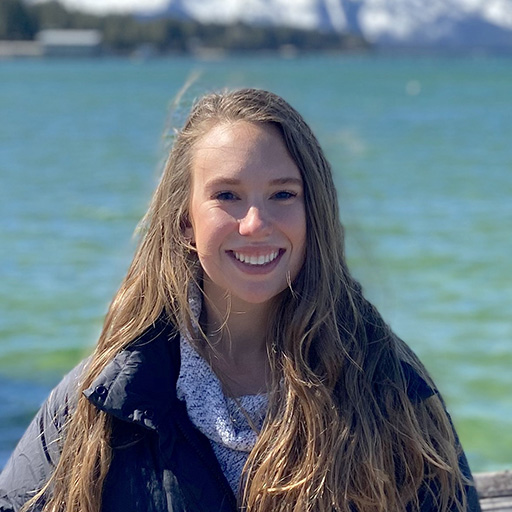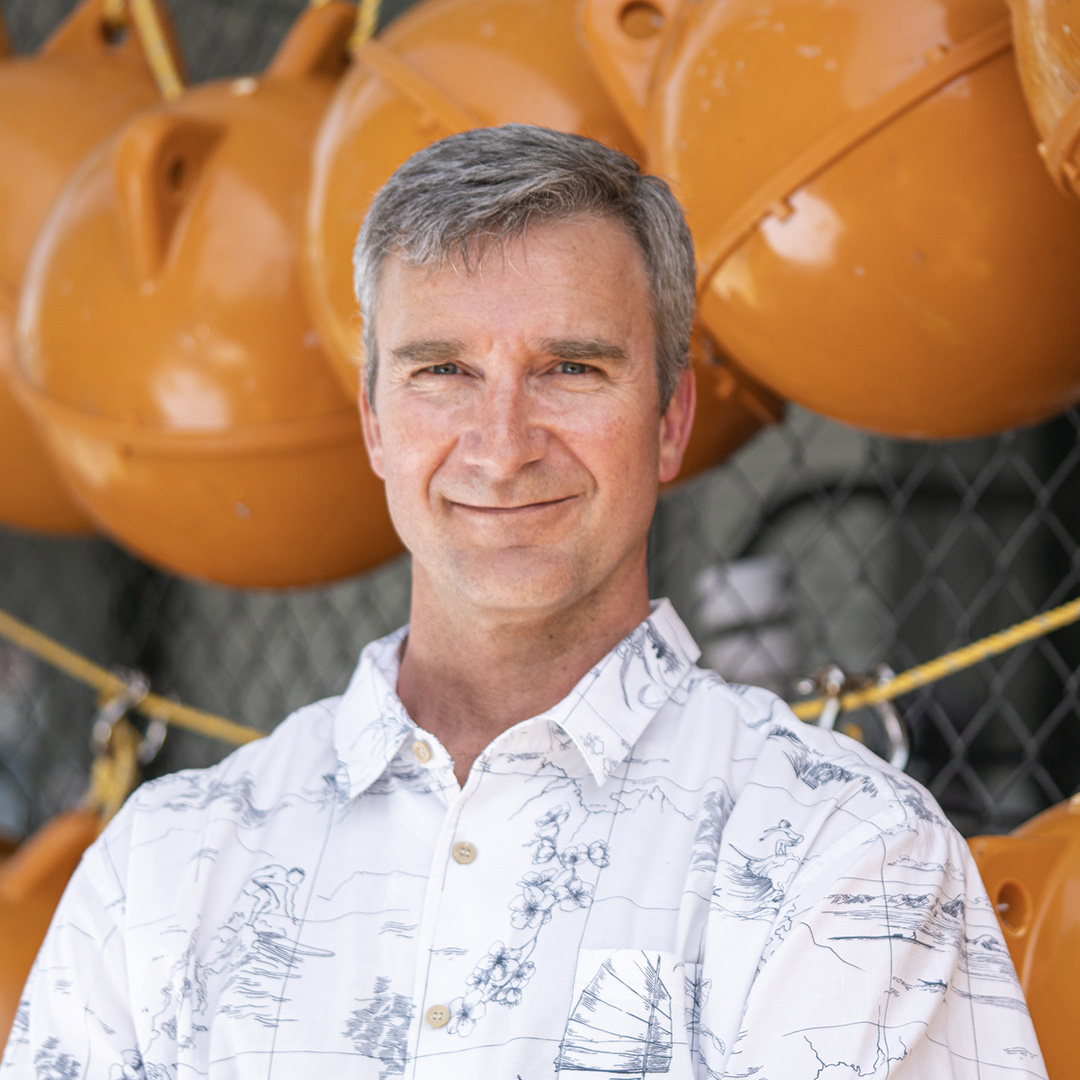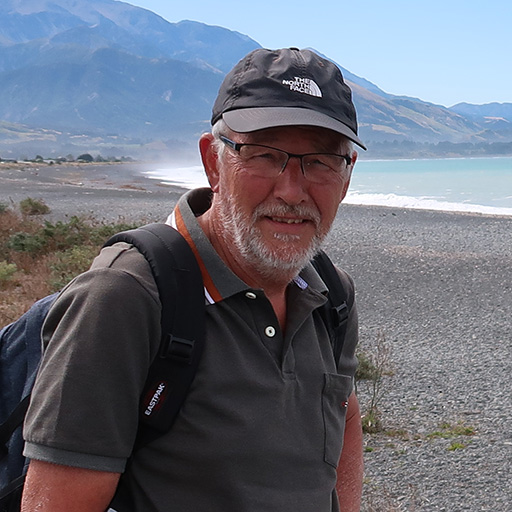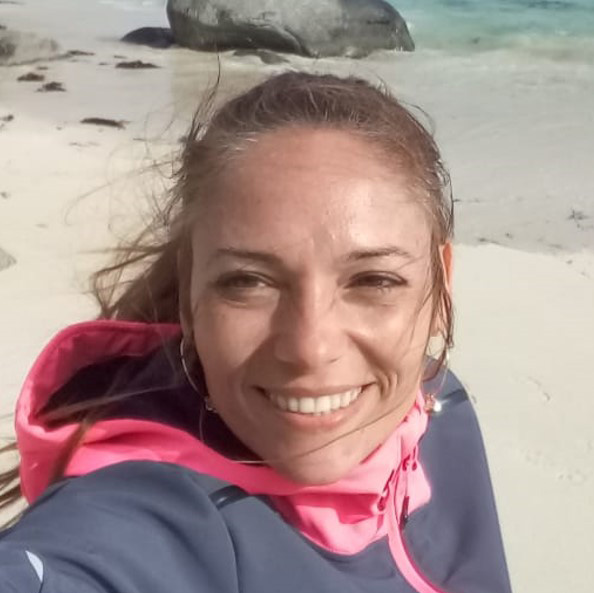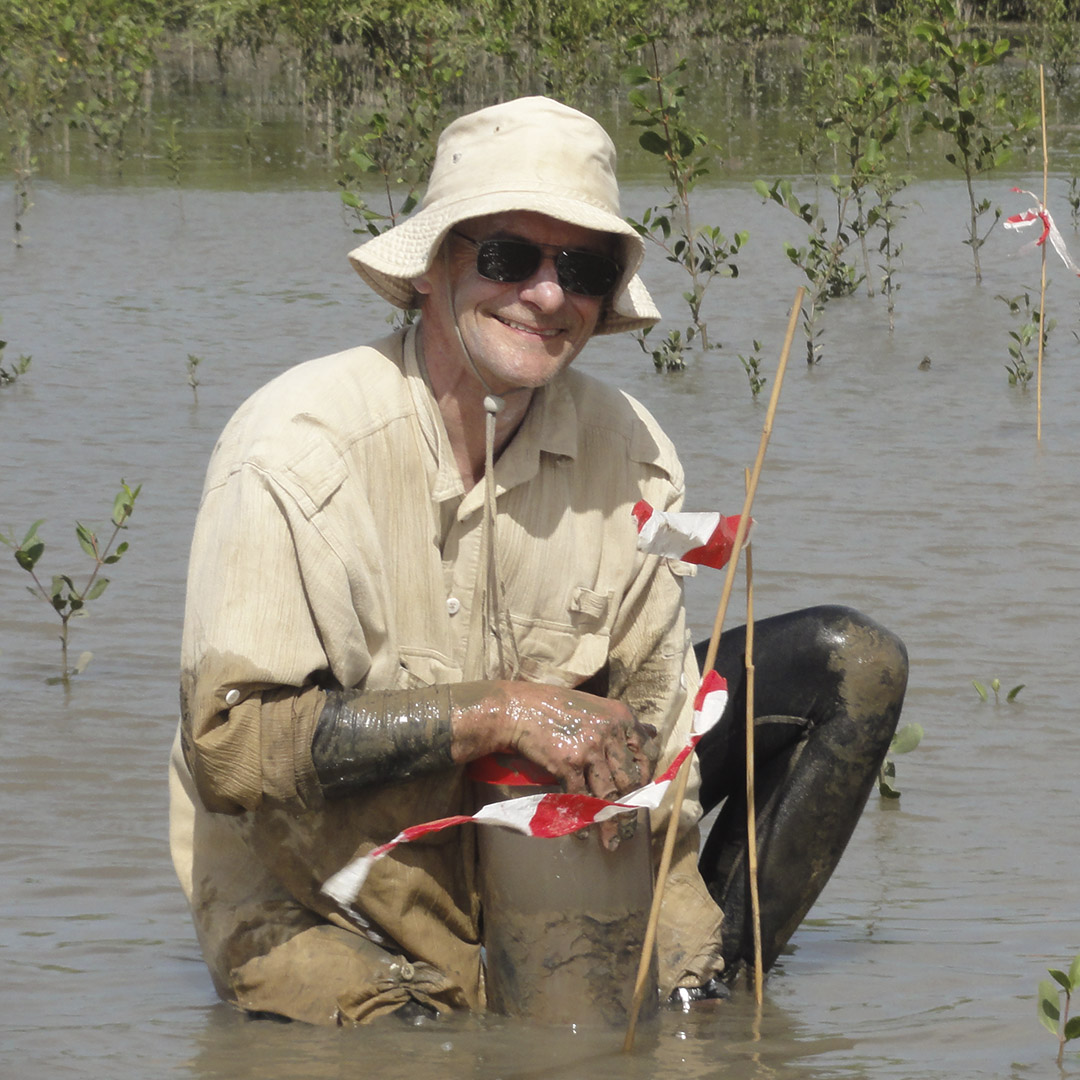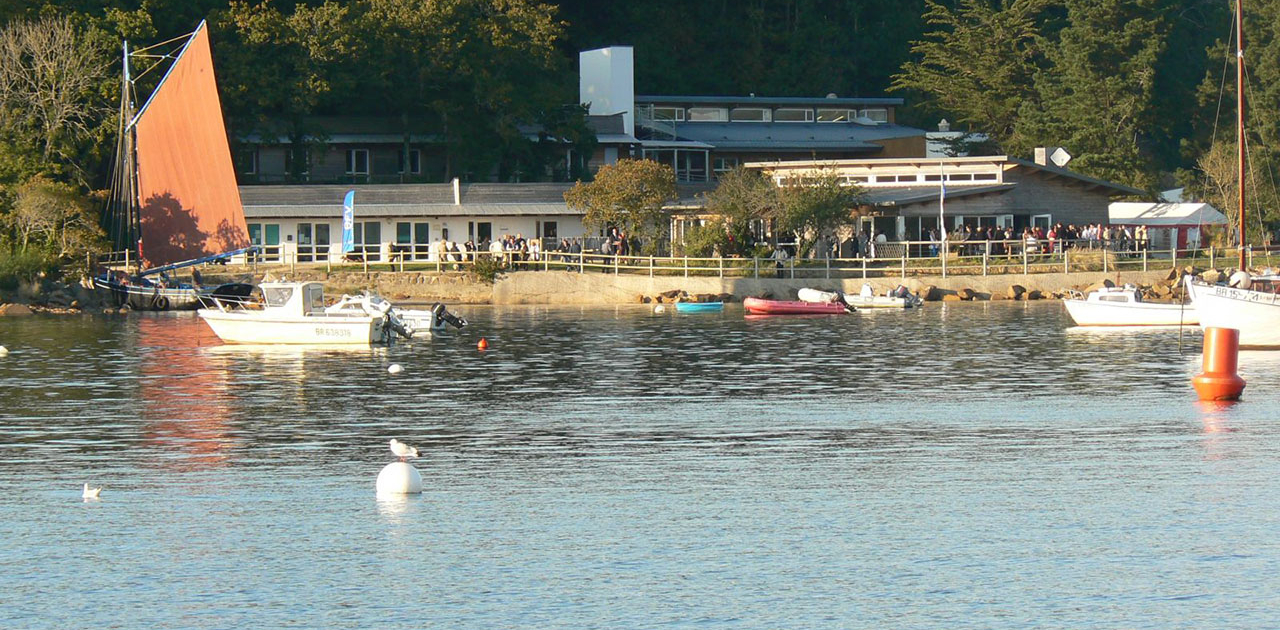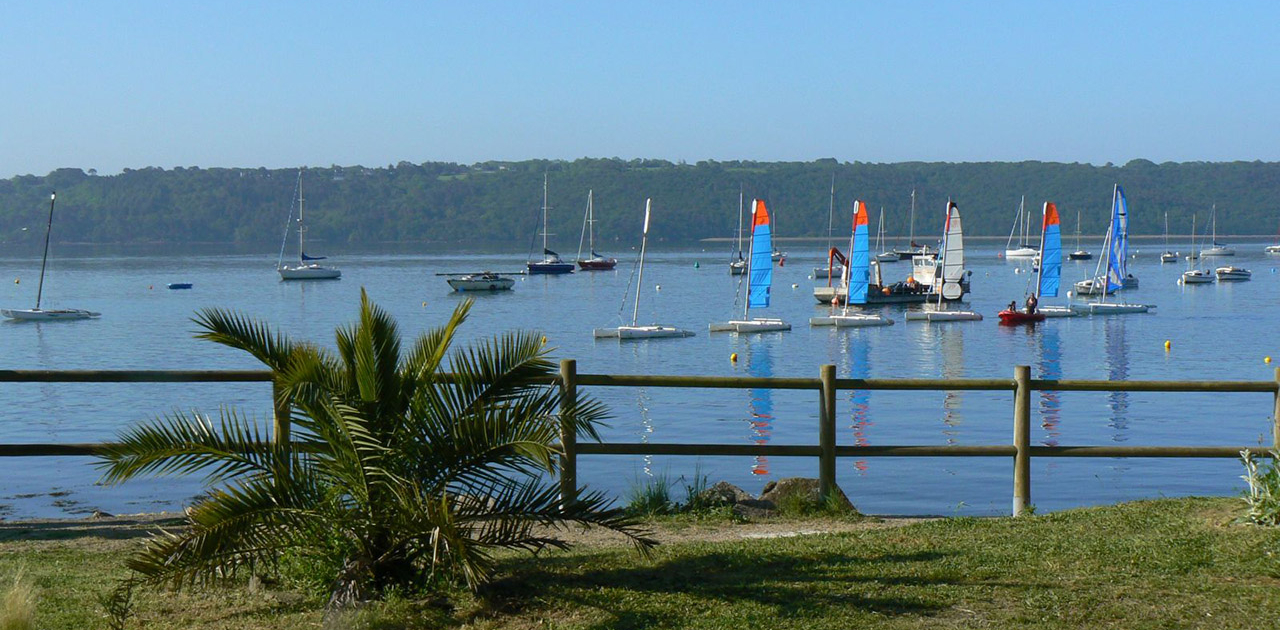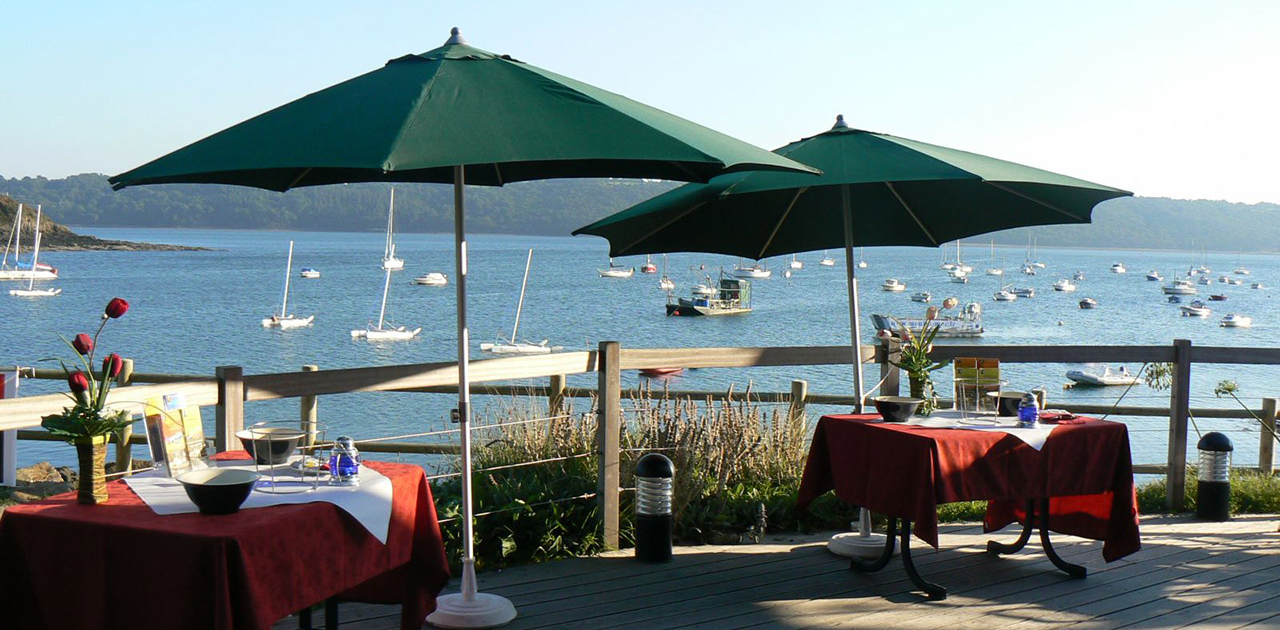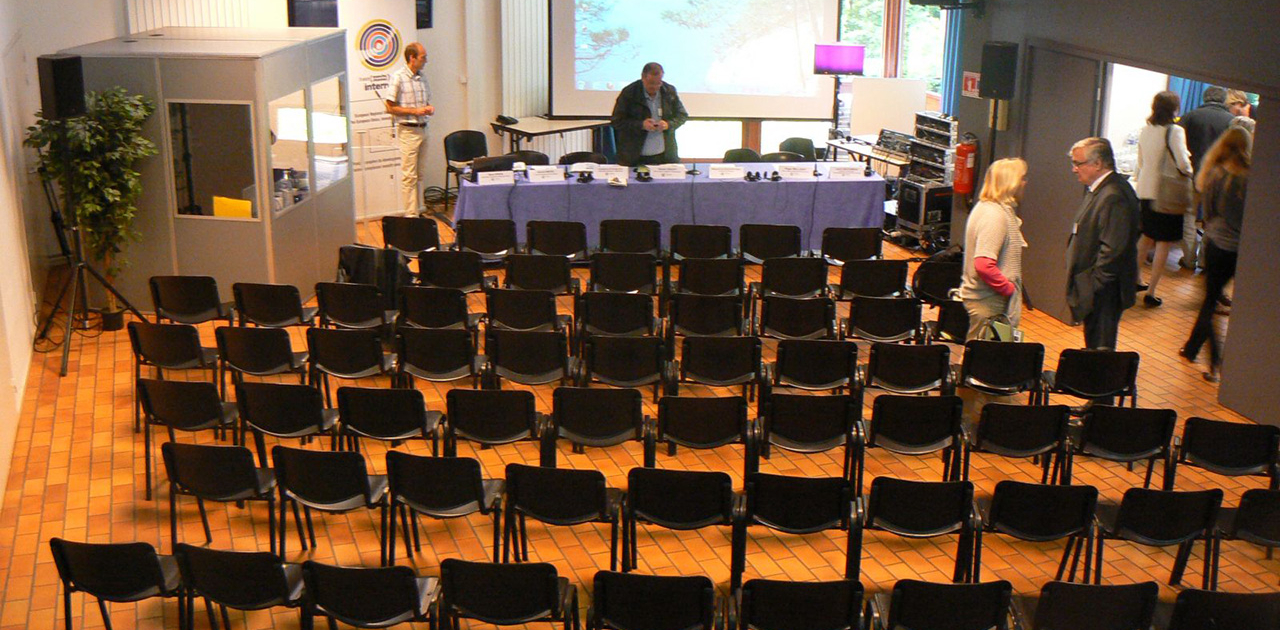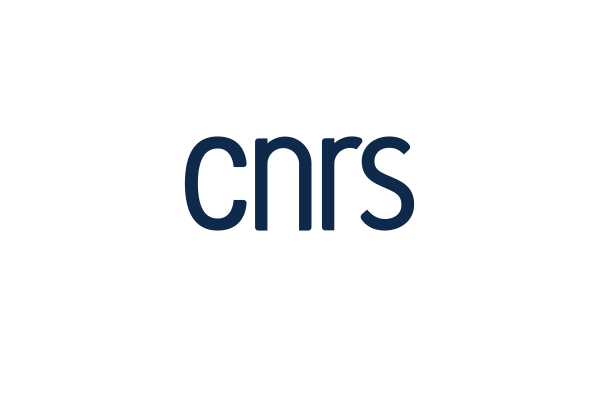The aim of this event is to bring together the international scientific community of researchers working on the mechanisms of bioturbation in marine, freshwater and terrestrial environments, at all latitudes (polar, tropical, temperate), and taking different time scales into account (from Precambrian to present). This event is in the framework of the international Nereis Park association gathering all scientists working on Bioturbation.
This 6th edition proposes an international thematic school on Bioturbation with conferences and high-level training. It will allow promoting exchanges and giving scientists and students the latest conceptual and technological advances around the bioturbation processes through conferences and posters sessions, small workshops, debates, practical studies. The contributions for this event could be submitted for publications in a special issue on bioturbation.
Early bird registration and payments: April 11- May 7, 2022
Late registration and payments: May 8 – May 27, 2022
5 sessions
Session 1: Bioturbation-ecosystem relationships
Keynote Speaker: Alison Cribb, PhD candidate| University of Southern Carolina, USA
See details
In this session, the role of bioturbation for ecosystem evolution will be discussed with particular focus on the various ecosystem services provided by bioturbation in terrestrial, freshwater and marine ecosystems in the context of global change. The various effects of bioturbation will be addressed including: sediment erosion, stabilization and drainage, biogeomorphology, contaminants and cysts releasing, oxygenation, bioremediation of polluted sediments and soils, organic matter recycling. Functioning of past and extreme environments (Precambrian, Quaternary caves, mangroves, polar and deep environments, hyper-saline lakes…) could be considered.
Session 2: Integration of bioturbation processes into biodiversity patterns and functions
Keynote Speaker: Pr. Andrew M. Lohrer | NIWA, New Zealand
See details
The influence of the bioturbation activities on the ecosystems depends on the benthic structural and functional diversity strongly linked to the environmental variables. This session will address the different approaches (i.e., species, functional diversity, biological traits…) used for evaluating the effects of biodiversity on the ecosystems functioning through experimental and field studies. This will be the initial statement for an open forum session based on two questions: How do we integrate the role of individual species characteristics on benthic processes at the community scale? How do we upscale the effects of benthic communities at the ecosystem level?
Session 3: Micro / macro-organisms interactions for the biogeochemical cycles
Keynote Speaker: Pr. Erik Kristensen | University of Southern Denmark, Denmark
See details
Bioturbation activities modify microbial diversity and processes involved in the sediment organic matter degradation and recycling. The latter have an influence, at larger scales, on biogeochemical fluxes and budgets (carbon, nitrogen, sulfur, phosphore, silica, iron). Organic matter quality (refractory versus labile) and environmental variables drives the benthic microbial processes. This session will focus and on the interactions between the micro-organisms (e.g. procaryotes, cable bacteria, archae, eucaryotes, and co-occurrence networks) and macro-organisms involved in sediment biogeochemistry.
Session 4: New approaches of observation, analysis and modeling for bioturbation studies
Keynote Speaker: Dr. Simone Pennafirme | Univ. Federal do Fluminense, Brazil
En savoir plus
This session will focus on the different tools allowing to deal with ecosystem heterogeneity:
- 1D and 2D optical and infrared sensors to measure micro-heterogeneity of solutes in porewaters (oxygen, manganese, sulfur, CO2, pH…);
- Biogeochemical fluxes at the sediment-water and sediment-air interfaces
- remote sensing to visualize microtopography and benthic diversity at the sediment surface;
- tomography imaging to visualize in 3D biological structures within sediments and soils ;
- mechanistic and stochastic models to simulate biogeochemical processes associated to animals behavior.
We will also consider the potential limitations of these tools and how they can be overcome for specific field study or experimental set up.
Session 5: Scales transfer
Keynote Speaker: Pr. Robert C. Aller | Stony Brook University, USA
En savoir plus
Integrating the outcomes of the conferences and the workshops of the thematic school, this session will focus on downscaling and upscaling (scale transfer) referring to:
- the importance of a specific bioturbation process within diagenetic models,
- the representation of the species or functional traits in the community ;
- the transfer from controlled experiments to in situ studies integrating the ecosystem as a whole;
- extrapolation of results obtained from a local study at ecosystem level taking into account its spatial and temporal variability.
Thematic school objective
This event will offer different and complementary tools in each session (courses and case studies as form as keynote lecture and short talks, respectively, practical works, open forum session, round tables..) to understand the role of bioturbation in the current and past functioning of ecosystems, and to know how to integrate it into ecosystem models, in ecological engineering and ecosystem restoration / management projects. These scientific and educational meetings, by mixing the disciplines, will thus help to build up a network of expertises. This will bring out innovative approaches to answer fundamental and methodological questions. This event is addressed to any scientist (researcher, student, engineers) as well as manager in environmental science.
International scientific committee
Dr. Stefano Cannicci (University of Florence, Italy)
Dr. Suzanne Dufour (Memorial University, Canada)
Dr. Stefan Forster (University of Rostock, Germany)
Dr. Franck Gilbert (CNRS | ECOLAB, France)
Dr. Boris Jansen (Amsterdam University, Netherlands)
Dr. Pascal Jouquet (IRD | iEES, France)
Dr. Florian Mermillod-Blondin (CNRS | LEHNA, France)
Dr. Emma Michaud (CNRS | LEMAR, France)
Dr. Thomas Stieglitz (IRD | CEREGE, France)
Local organizing committee
Dr. Emma Michaud (CNRS | LEMAR)
Dr. Gerard Thouzeau (CNRS | LEMAR)
Dr. Jill Sutton (Brest University | LEMAR)
Adriana Spedicato (Brest University | LEMAR)
Sébastien Hervé (Brest University | IUEM, LEMAR)
Nadine Reniers (CNRS |IUEM)
Nathalie Le Mentec (Brest University | IUEM, LEMAR)
With the support of
Site of the conference and thematic school site – Accommodation
This event will be held in Brittany (France) at Logonna-Daoulas from the 22rd to the 26th of August 2022 at “Moulin Mer”. This facility provides space for sessions and workshops, meals and accommodations, all at one location, including access to educational rooms and to sampling sites in marine, freshwater and terrestrial environments. For your spouse, it also provides access to nice walks along the beaches, forest, and places for activities such as volley ball, badminton, sailing, kayac, paddle and fishing. The site is located between Brest and Quimper (at 8min from the expressway). Brest is the closest city with a train station (TGV) and an airport offering a handful of international flights and many direct flights from Paris (Orly or CDG). Shuttle services will be proposed to reach the conference site.
Registration fees
The registration is for assisting to the whole sessions successively over the week. The event is limited to 70 participants. To participate, fill directly the pre-registration form which includes an abstract submission form (with details on the lay-out of the abstract). Motivations and expectations for the thematic to be discussed, debated or deepened should be added to the pre-registration form (Deadline of submission: March 23, 2022).
The abstracts will be selected by the international scientific committee. Once your abstract selected, you can fill the final registration form which include the payment details. Your registration will be official when payment of the registration fee is received.
The conference fee covers the full price of accommodation, food, coffee breaks, and shuttle services from airport or train station until the conference location. Choose one option from following arrangements (price per person):
Particular case for CNRS staff: Since this event belongs to the thematic schools plan of CNRS during the year 2022, registration is free for the CNRS staff (researchers, engineers, post doctorate). Registration fees and travelling fees could be taken into account by each regional delegation of CNRS. Pre-registration through the abstract submission is however necessary.
For the other participants:
Reduced early registration (April 11- May 7, 2022):
[1] Academic – Single room = 500 € per person
[2] Academic – Shared double room (two beds) = 420 € per person
[3] Student (shared double or triple room, two or three beds) = 370 € per person
Late registration (May 8-May 27, 2022):
[1] Academic – Single room = 650 € per person
[2] Academic – Shared double room (two beds) = 550 € per person
[3] Student (shared double or triple room, two or three beds) = 450 € per person
Closed registration: May 28, 2022
Single rooms are very limited in “Moulin Mer” residence, and in order to accommodate as many participants as possible, most participants will need to share a room. When selecting the “shared room” option, please indicate the name of the participant with whom you’d like as a roommate.
Covid info
Given the evolution of the health situation, we maintain our desire to hold this colloquium face-to-face in order to promote exchanges between all: our reference researchers, our young researchers and our future researchers who are our students.
Complete vaccination scheme will be requested to attend the conference. The conference organizers will provide antigenic auto-tests during the conference. Conferences, the exhibition of posters, workshops, catering, and coffee breaks will be made under conditions according to health rules.
However, if the situation will deteriorate, a bi-modal format will not be considered and you will be notified. The event will be cancelled.
Registration fees will be refundable in light of the Covid context at the time of the conference in August 2022.
For more informations, send email to: nereis@sciencesconf.org
